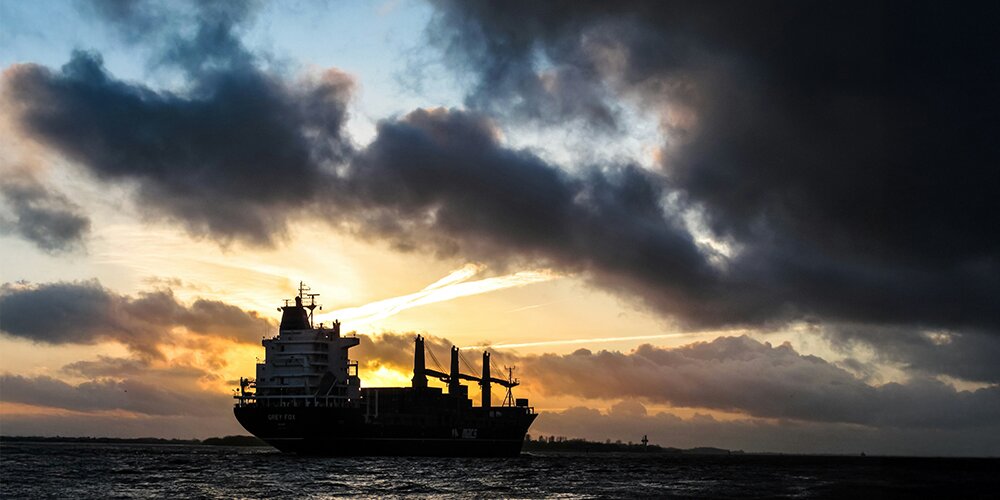Browse our services
Explore how Shearwater Law can help you
Find a maritime expert
Meet our team, find and expert and connect
Talk to our experts
Get in touch, we're here to help

INTERCARGO issued a press release which calls for the reevaluation of the Carbon Intensity Indicator (CII) framework, requesting adjustments be made to reflect the operational realities of vessels, while proposing changes to the implementation.
The International Association of Dry Cargo Shipowners, INTERCARGO is the latest association to show concern regarding the CII formula. They called for a review at the Marine Environment Protection Committee (MEPC) meeting, which took place in London at the end of October.
After analysing data gathered from over 5,600 bulk carriers, INTERCARGO raised a number of key concerns with the existing CII system, which are as follows:
Following these findings, INTERCARGO proposed that the CII should accommodate further adjustments:
Vice-Chairman of INTERCARGO’s Technical Committee, Mr Dimitris Monioudis, stated:
“Our proposals are grounded in a comprehensive examination of verified IMO Data Collection System data from 2022. This wasn't just a cursory review – it involved meticulous analysis of over 5,600 bulk carriers, conducted in collaboration with three major classification societies – ABS, Bureau Veritas, and DNV. This level of scrutiny provides a robust foundation for our recommendations and underscores the urgent need for a review of the current CII system”.
INTERCARGO Chairman, Dimitris Fafalios added:
“The current CII framework, while well-intentioned, may be leading us down a path which contradicts our ultimate goal of reducing overall emissions. We’re seeing situations where ships might actually increase their total emissions to improve their CII rating. This is clearly not the outcome we’re aiming for so it is crucial that we refine this system to ensure it truly incentivises energy efficiency and emissions reduction across our industry”.
The Shearwater Law team is equipped to deal with a broad range of maritime-related issues. If you find yourself in need of regulatory legal support, contact our team today.